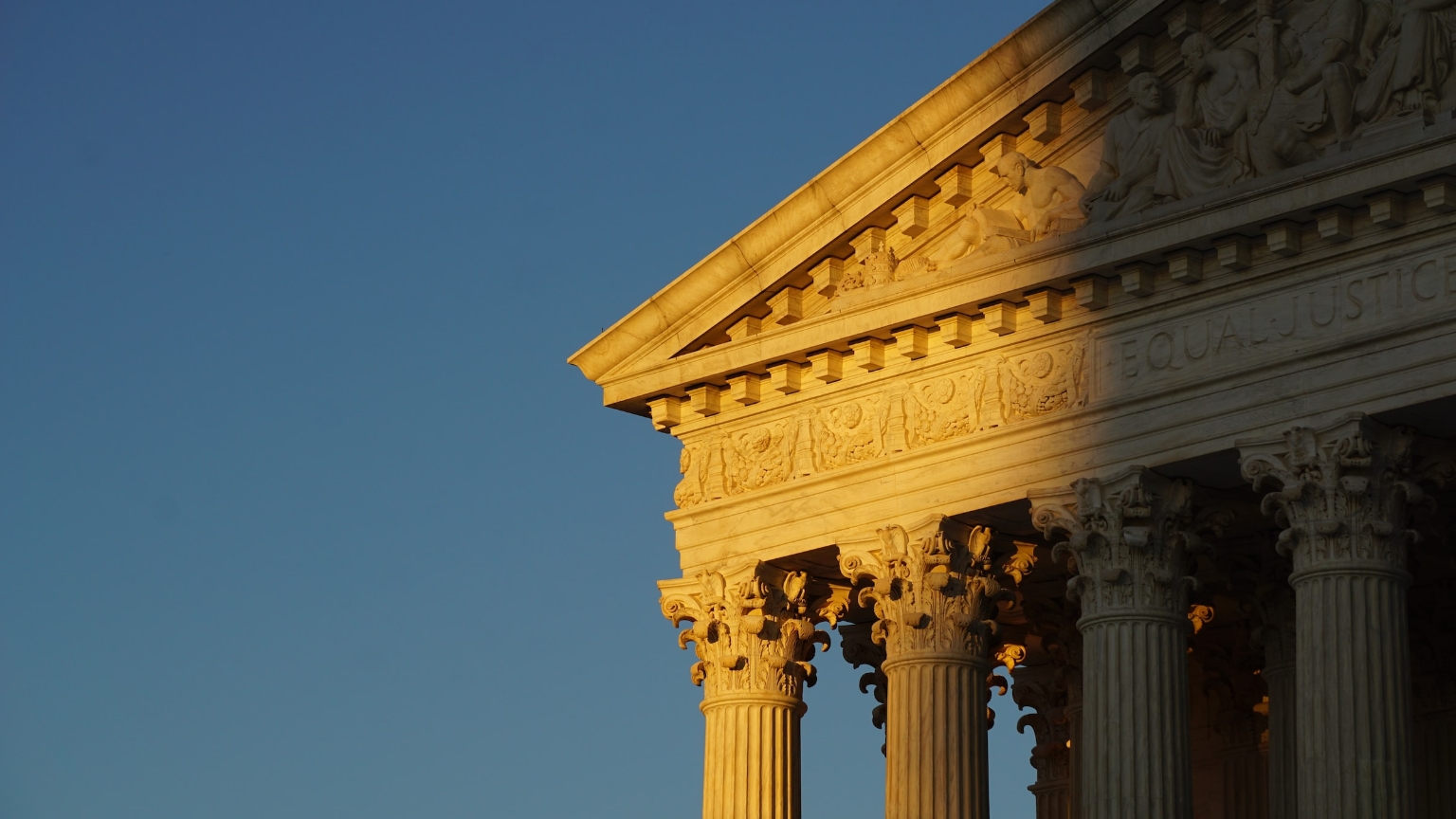The US Supreme Court has agreed to take on two cases that could reshape the liability protections apps, websites, and online platforms currently receive under Section 230 of the Communications Decency Act (CDA).
Currently, Section 230 of the CDA classifies apps, websites, and online platforms that host user-generated content as “interactive computer services.” Section 230 (c)(1) prevents providers of interactive computer services from being treated as the publisher or speaker of content posted by their users and Section 230 (c)(2) gives providers of interactive computer services immunity from civil liability if they act in “good faith” to moderate content.
Related: ? Why most free speech social media platforms don’t support repealing Section 230
One of the cases that the Supreme Court has taken up, Gonzalez v. Google LLC, questions whether Section 230 (c)(1) should immunize interactive computer services when they make “targeted recommendations” to users.
The daughter of the plaintiff in this case, Reynaldo Gonzalez, was killed during the November 2015 terror attacks in Paris, France. Gonzalez alleges that Google, through YouTube, had “aided and abetted” the terrorist organization the Islamic State of Iraq and Syria (ISIS) through YouTube videos.
Gonzalez’s request for the Supreme Court to review the case doesn’t challenge a previous Ninth Circuit holding that Section 230 immunizes Google from liability for permitting the posting of ISIS videos. However, it alleges that Google “repeatedly recommended ISIS videos to users” and urges the Supreme Court to adopt an interpretation where “the protections of Section 230 are limited to a publisher’s traditional editorial functions, such as whether to publish, withdraw, postpone or alter content provided by another, and do not additionally include recommending writings or videos to others.”
We obtained a copy of the Gonzalez v. Google LLC petition to the Supreme Court for you here.
The other related case, Twitter, Inc. v. Taamneh, was taken up by the Supreme Court after Twitter submitted a protective, conditional petition that asked the court to review this case if it took up Gonzalez v. Google LLC.
The respondents in this case, Mehier Taamneh, Lawrence Taamneh, Sara Taamneh, and Dimana Taamneh previously sued Twitter, Google, and Facebook after one of their relatives was killed in a January 2017 terrorist shooting in an Istanbul nightclub and sought to hold these companies liable for “aiding and abetting” under Section 2333 of the Anti-Terrorism Act (ATA). The respondents alleged that some ISIS adherents, who were not involved in the attacks, had used Twitter, Google, and Facebook’s services and that Twitter had been “insufficiently swift” in shutting down accounts of ISIS supporters who were evading previous bans by creating new accounts with different credentials.
While Twitter’s request for review asks the Supreme Court to consider the scope of liability “generic, widely available services” should face under Section 2333 of the ATA, the request does reference Section 230.
In the request, Twitter argues that the Taamneh case and the Gonzalez case are “materially indistinguishable” and takes issue with the way the Ninth Circuit interpreted Section 230 differently in each case.
In the Gonzalez case, the Ninth Circuit held that claims against Google were generally barred under Section 230 whereas in the Taamneh case, the Ninth Circuit declined to consider Section 230 and held that Twitter, Google, and Facebook could be liable for “aiding and abetting an act of international terrorism because they provided generic, widely available services to billions of users who allegedly included some supporters of ISIS.”
We obtained a copy of the Twitter, Inc. v. Taamneh petition to the Supreme Court for you here.
We obtained the list of the cases that the Supreme Court has taken up for you here.













